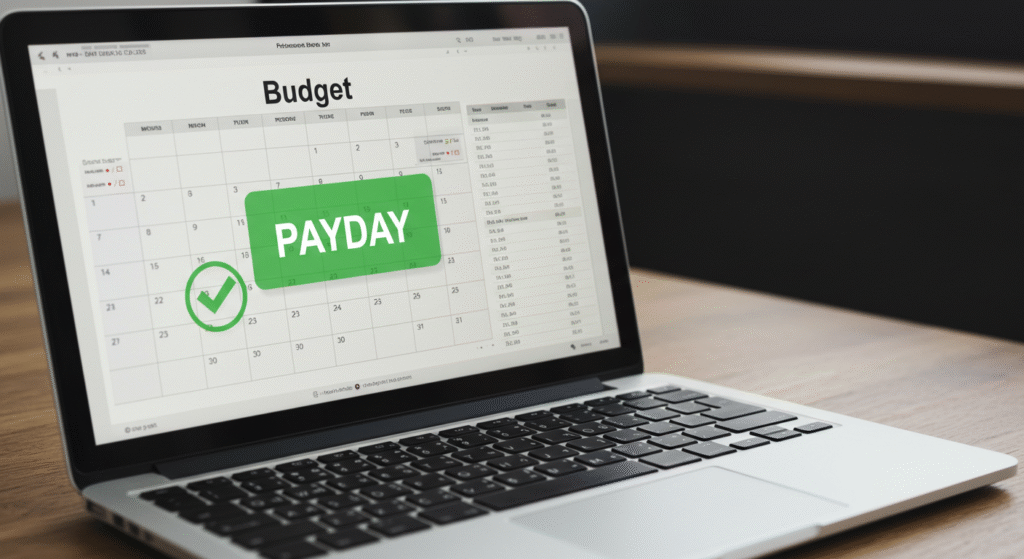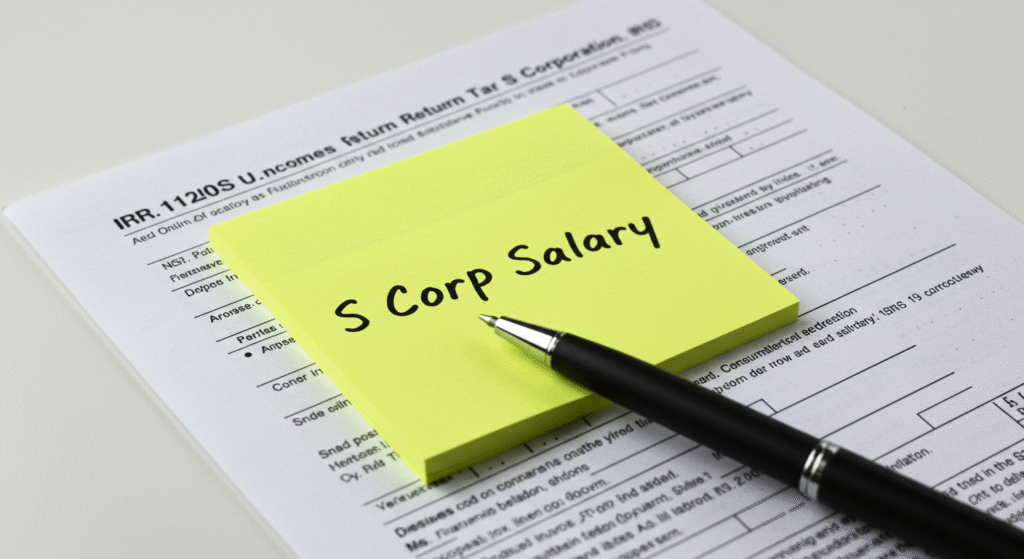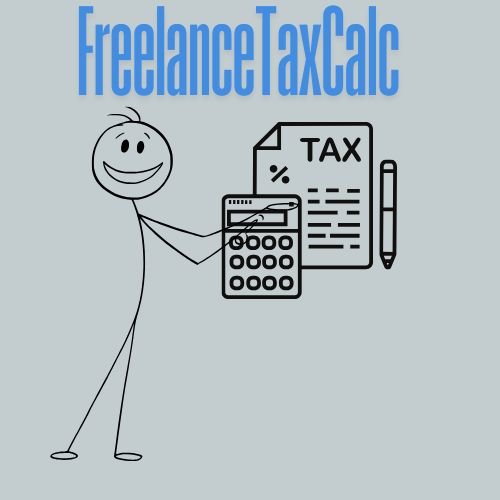Pay yourself a salary as a freelancer
As a freelancer, you’re not just the worker—you’re the business. That means managing your finances can get tricky. One of the most common questions among growing freelancers is:
“Should I pay myself a salary, or just take money from my business account when needed?”
The short answer? It depends on how your freelance business is structured, how much you earn, and what your long-term financial goals are.
In this guide, we’ll break down:
- The pros and cons of paying yourself a salary
- Legal and tax considerations
- Smart income distribution strategies
- How it affects your taxes and growth
This is especially important as you scale your freelance brand and build toward a financially secure future.
Salary vs. Owner’s Draw: What’s the Difference?
Before diving into pros and cons, let’s define the terms.
- Owner’s Draw: Taking money directly from your business account as needed. Common for sole proprietors.
- Salary: A fixed payment issued regularly (weekly/monthly), similar to how employees get paid. Often used by LLCs or S Corps.
IRS breakdown of business structures and how income is taxed
Pros of Paying Yourself a Salary as a Freelancer
1. Financial Discipline & Predictability

When you set a salary, you create structure. You’ll know exactly how much you’re taking home, which helps with budgeting and planning.
Example: If you pay yourself $3,000/month, you know how to plan rent, groceries, and savings accordingly.
Learn more about setting a budget as a freelancer
2. Helps with Tax Withholding
Paying yourself a salary makes it easier to withhold federal and state income taxes—especially if you’re an S Corp owner. It reduces the chances of underpaying estimated taxes.
Want to estimate your taxes? Try our Freelance Tax Calculator to see what you owe by state and bracket.
3. Makes You Look More Professional
Paying yourself consistently (via payroll or transfer) gives your business structure—useful when applying for credit, renting office space, or securing funding.
Business credit building for freelancers – Nav.com
4. Helps You Separate Personal vs. Business Finances
When you treat yourself as an employee, it’s easier to distinguish between personal spending and business expenses—key for audits and bookkeeping.
Read: Top 10 Tax Deductions for Freelancers You Need to Know in 2025
5. S Corporation Tax Benefits

If your business is structured as an S Corp, paying yourself a reasonable salary allows you to avoid self-employment taxes on distributions beyond that salary.
IRS guidance on S Corporations
Cons of Paying Yourself a Salary
1. More Paperwork and Complexity
If you opt for payroll, you’ll need to set up a system, file quarterly payroll reports, and possibly use a service like Gusto or QuickBooks.
Gusto: Payroll for small businesses
2. Not Always Necessary for Sole Proprietors
If you’re a sole proprietor with modest income, taking an owner’s draw might be simpler and more tax-efficient than setting up payroll.
Read: Freelance Tax Basics – What You Need to Know
3. Risk of Overpaying Yourself
Without solid cash flow, setting a fixed salary might strain your finances. It’s crucial to forecast income before committing to a regular paycheck.
Freelance income projection tools – FreshBooks
🔍 When Does It Make Sense to Pay Yourself a Salary?
| Business Type | Recommended? | Notes |
|---|---|---|
| Sole Proprietorship | ❌ Not Necessary | Use owner’s draw instead |
| Single-Member LLC | ❌/✅ | Only needed if taxed as an S Corp |
| S Corporation | ✅ Yes | Required to take “reasonable compensation” |
| Partnership | ❌ | Distributions are typically used |
IRS Self-Employed Individuals Tax Center
How Much Should You Pay Yourself?
This depends on:
- Your net profit after expenses
- Your business structure
- What you need to live on
- Industry averages for your freelance niche
Example: If your business nets $80,000 annually, you might pay yourself $4,000/month as salary and take the rest as distribution (if S Corp).
How to determine reasonable compensation – Bench Accounting
Payroll Services for Freelancers
Here are some tools that make salary payments easier:
| Tool | Features | Pricing |
|---|---|---|
| Gusto | Payroll + tax filing | Starts at $40/mo |
| QuickBooks Payroll | Integration with QuickBooks | Starts at $45/mo |
| Square Payroll | Ideal for solopreneurs | Starts at $35/mo |
You can also manually transfer money from your business to personal account monthly, labeling it “Salary” for consistency—if not using full payroll.
What About Taxes?
With Salary:
- You’ll withhold federal and state taxes
- Pay Social Security and Medicare via payroll
- File payroll tax forms quarterly
Without Salary:
- Pay self-employment tax on total income
- Submit quarterly estimated taxes (Form 1040-ES)
IRS Estimated Tax Payment Instructions
Legal Considerations
If you pay yourself as an S Corp owner and don’t take a “reasonable salary,” the IRS could reclassify your distributions and penalize you.
The IRS has strict guidelines about “reasonable compensation.” Don’t pay yourself too little just to dodge self-employment tax.
IRS: Avoiding S Corp Salary Mistakes
Final Thoughts: Should You Do It?
If you’re a sole proprietor:
→ Stick with owner’s draw unless you grow significantly.
If you’re an LLC taxed as an S Corp:
→ Yes, pay yourself a reasonable salary to avoid tax issues and improve structure.
If you’re unsure:
→ Speak to a tax professional. It’s worth the investment to set things up right.

